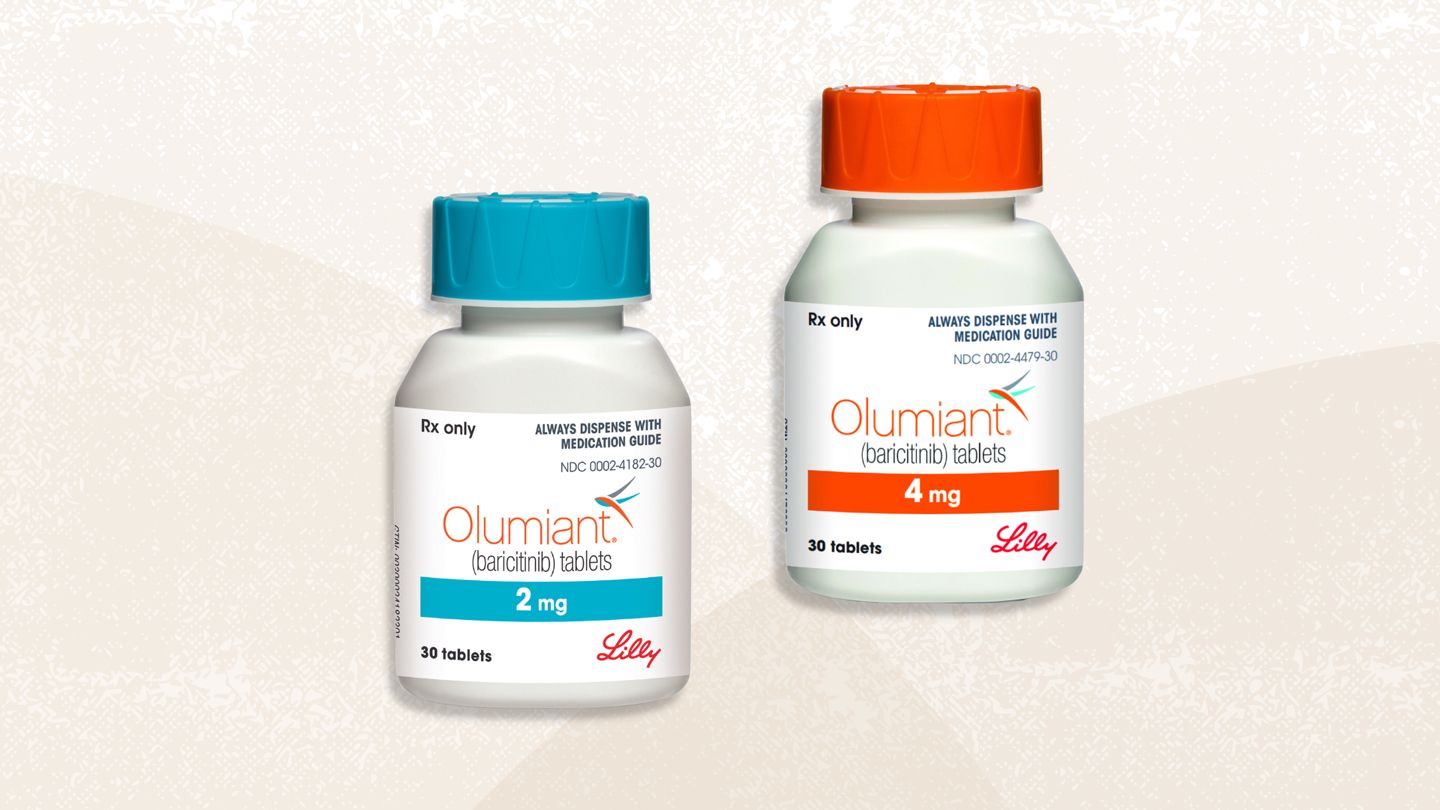The Importance of Vitamins for Black Women's Health
Vitamins and supplements play an essential role in maintaining good health and preventing disease. However, when it comes to vitamins, the needs of Black women are unique and often overlooked. Recent studies have shown some concerning vitamin deficiencies and health conditions that disproportionately affect Black women.
Understanding these specific needs and addressing potential deficiencies through diet, sun exposure, and supplementation can help Black women enjoy improved health and wellbeing.
Vitamin D and Black Women
Vitamin D, the "sunshine vitamin," plays a vital role in bone health, immune system function, and protecting against chronic diseases. Melanin, the pigment that gives darker skin its color, helps block harmful UV rays but also reduces vitamin D production in the skin.
National studies consistently show lower vitamin D levels among Black Americans compared to other ethnic groups. Black women are at high risk of deficiency, with some research indicating over 80% of Black women qualifying as vitamin D deficient.
Vitamin D deficiency is linked to higher rates of cardiovascular disease, diabetes, cancer, autoimmune disorders, depression, chronic pain, and pregnancy complications in Black women. Ensuring adequate vitamin D levels through safe sun exposure, food sources like fatty fish and fortified dairy and juices, and supplements can minimize these risks.
Folate is Essential for Black Women's Reproductive Health
Folate, one of the B vitamins, is critical for red blood cell formation and proper fetal development in early pregnancy. Unfortunately, Black women have a higher risk of folate deficiency and related conditions like anemia.
Low folate intake increases the risk of neural tube defects, low birth weight, preterm delivery, and preeclampsia among Black mothers. Getting at least 400 mcg of folate daily from greens, legumes, citrus fruits, bread, and cereals can safeguard reproductive health.
For women planning to become pregnant, taking a prenatal vitamin with at least 400 mcg of folic acid before conception significantly reduces the chances of folate deficiency and birth defects.
Calcium and Black Women's Bone Health
From youth through menopause and beyond, adequate calcium is essential for building and maintaining strong bones. However, research indicates Black women consume lower amounts of calcium rich foods like dairy compared to White women.
This increases lifelong risks of developing osteopenia and osteoporosis. Adequate vitamin D and calcium prevent excessive bone loss and fractures in older Black women.
Black women under 50 should aim for 1,000 mg of calcium daily through food sources like yogurt, cheese, milk, fortified orange juice, spinach, and beans. After 50, 1,200 mg of calcium is recommended to slow bone loss during aging.
Iron to Prevent Anemia in Black Women
Anemia affects around 1 in 5 Black women, mainly due to iron deficiency. Menstruation, pregnancy, and medical conditions can increase the risk of low iron stores and anemia.
Iron-rich foods like red meats, seafood, beans, spinach, and iron-fortified breakfast cereals can prevent deficiency. If lab tests confirm low iron levels, an iron supplement may be beneficial.
Getting screened for anemia regularly and addressing any iron shortfalls is important for Black women's energy levels and overall wellbeing.
Magnesium for Heart and Metabolic Health
Magnesium plays vital roles in blood pressure regulation, blood sugar control, and protecting the heart. But surveys indicate Black adults tend to have lower magnesium intakes compared to White adults.
Increasing magnesium-rich foods like leafy greens, nuts, seeds, beans, whole grains, and low-fat dairy can prevent heart disease, stroke, and metabolic disorder risks exacerbated by magnesium deficiency.
Key Supplements for Black Women
While eating a nutritious, balanced diet should provide most essential vitamins and minerals, certain supplements can help fill nutrient gaps and promote wellness.
Multivitamin
A daily multivitamin provides insurance for any nutritional shortfalls in the diet. Look for a brand with around 100% of the recommended daily intake for essential vitamins and minerals.
Vitamin D
Black women generally need vitamin D supplements to meet the recommended daily intake of 600-800 IU. Those with identified vitamin D deficiency may require higher therapeutic doses for a time.
Calcium
Calcium citrate supplements can help postmenopausal Black women obtain the 1,200 mg daily recommended for bone health. Along with vitamin D, calcium prevents bone loss and fractures.
Iron
Iron supplements may be beneficial for Black women diagnosed with iron deficiency anemia. Always consult your doctor before taking iron pills.
Folate
All women planning pregnancy should take 400-800 mcg of folic acid daily, starting at least one month before conception through the first trimester, to prevent birth defects.
Health Conditions Impacting Black Women
Certain chronic health conditions disproportionately affect Black women. Ensuring adequate intake of key vitamins and minerals can help reduce risks and promote wellbeing.
Heart Disease
Black women have higher rates of hypertension, stroke, and heart disease mortality. Vitamins D, B6, B12, folate, and minerals like magnesium and potassium support heart health.
Diabetes
Vitamins C, D, E, and B vitamins like thiamine, niacin, and B12 help regulate insulin and blood sugar levels, important for diabetes prevention and management.
Obesity
Higher obesity prevalence among Black women increases risks for heart disease, diabetes, and cancer. B vitamins, vitamin C, calcium, and magnesium promote healthy body weight.
Osteoporosis
Building strong bones with calcium and vitamins D and K throughout life minimizes bone loss from aging, preventing osteoporosis.
Tips for Black Women to Optimize Wellness
Here are some key ways Black women can ensure they obtain adequate vitamins for optimal health:
Consume Vitamin-Rich Foods
Eat plenty of fresh fruits, vegetables, nuts and seeds, whole grains, and lean proteins to obtain essential vitamins and minerals.
Take a Multivitamin
A daily multivitamin helps fill any nutritional gaps and provides vitamin insurance.
Add Key Supplements
Consider supplements for vitamins D, calcium, iron, and folate based on individual nutritional needs and health conditions.
Talk to Your Doctor
Have nutrient levels like vitamin D, iron, and B12 routinely checked and discuss optimal supplementation with your healthcare provider.
Get Screened for Anemia
Annual screening for anemia allows early detection and treatment of low iron levels before deficiency develops.
Boost Nutrient Absorption
Consuming vitamin C rich fruits and vegetables enhances absorption of iron and other vitamins and minerals.
Read Labels
Check food and supplement labels to identify products high in required nutrients like calcium, vitamin D, and iron.
The Bottom Line
Black women have unique nutritional needs and vulnerabilities compared to other groups. Addressing vitamin deficiencies and health risks through smart dietary and supplementation strategies allows Black women to enjoy their best health and wellbeing at every age.
Disclaimer: This article is for informational purposes only and does not constitute medical advice. Always consult with a healthcare professional before starting any new treatment regimen.
Related Coverage
Learn how baking soda hair washes can help reduce and potentially reverse gray hair over time through gentle cleansing and neutralization of residue....
While melanin levels are lower in white skin tones, fair-skinned individuals still produce this pigment naturally. Genetics and sun exposure impact melanin production....
Frankincense, rosemary, lavender, tea tree, chamomile and other essential oils can help relieve diseases driven by chronic inflammation through antioxidant and anti-inflammatory effects....
It's common for the thick heel pad to occasionally go numb. But chronic heel numbness may signal an underlying condition like plantar fasciitis, nerve compression syndrome, poor circulation issues etc....
Apple cider vinegar is thought to help kill ear mites and balance skin pH levels. Learn how to use ACV topically and internally to help treat and repel ear mites in cats, dogs, and other pets....
Learn how olive oil's anti-inflammatory compounds help prevent and heal painful stomach ulcers. Discover optimal foods and recipes for an anti-ulcer diet....
Discover the potential benefits and risks of using baking soda on gray hair, including its effects on color, shine, and texture, as well as alternative solutions for managing graying strands....
Discover the transformative power of Hairfollic for hair growth. Real women share their before and after stories, showcasing Hairfollic's scientifically backed approach to hair rejuvenation....
Ever wondered why your urine turns bright yellow after taking vitamins? Discover how B vitamins like riboflavin cause this change and what it means for your health....
Learn how vitamins like B12, biotin and PABA can help prevent and reverse gray hair. Discover the best vitamins, foods and tips for maintaining your natural color....









